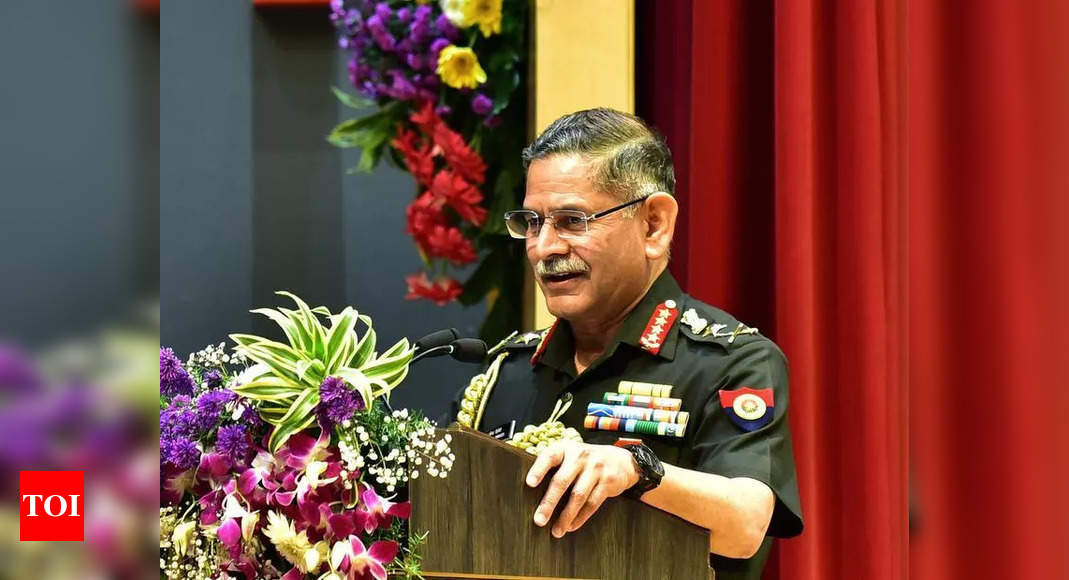Pune: In a significant address at the annual Gen B C Joshi memorial lecture held at Savitribai Phule Pune University, Chief of the Army Staff (COAS) General Upendra Dwivedi outlined the Indian Army’s future initiatives aimed at fostering tourism in conflict-affected regions and enhancing local economies. He highlighted the success of the transformation of the “terrorism to tourism” narrative in Jammu and Kashmir as a foundation for the Army’s next steps, which involve potentially opening strategic areas like Galwan Valley, Siachen, and Kargil to civilians.
The Army has pinpointed specific regions for promoting border tourism, with local authorities receiving assistance in generating revenue through this initiative. General Dwivedi emphasized the vast tourism potential in these areas, noting that the economy of Ladakh has expanded significantly, increasing from ₹600 crore to ₹2,260 crore annually, with expectations for continued growth in the future. He declared that approximately 48 areas have been identified to attract tourists and expressed optimism that with targeted initiatives, the number of visitors could potentially double within the next five years. This plan aims to not only boost footfall in these border regions but also to promote adventure activities and enhance the skills of local populations in areas such as mountaineering.
The COAS reaffirmed the Army’s commitment to remaining “apolitical and areligious,” stating that its personnel come from diverse backgrounds across the country. He highlighted the unifying role of the Hindi language and cited Siachen Baba as a symbolic representation of inclusivity where all religious deities coexist harmoniously. General Dwivedi pointed out how veterans have recently played a crucial role in mediating tensions in regions like Manipur, underscoring the Army’s capacity to foster trust and camaraderie among differing communities.
Addressing the perceived conflict between security and economic growth, General Dwivedi argued that security is indeed a critical enabler of sustainable growth and development. He elaborated on the Indian Army’s contributions to self-reliance in defense, emphasizing that 85% of its capital expenditure is directed towards ‘Made in India’ defense products. This push for indigenous capability development not only benefits the economy but also enhances the domestic defense industry, contributing to an increase in defense exports, which have surged from around ₹600 crore a decade ago to over ₹21,000 crore in the fiscal year 2023-24, with projections of reaching ₹50,000 crore by 2029-30.
On the topic of border infrastructure, General Dwivedi noted the Army’s involvement in the construction of strategic roads, bridges, and airstrips. In the past five years, the Army has achieved the construction of 4,400 km of roads and 19 km of bridges, with plans in place for an additional 13,000 km of road development over the next five years. Key projects include enhancing high-altitude connectivity to Leh and advancing inter-valley connection initiatives in Arunachal Pradesh.
In a separate ceremonial event, General Dwivedi presented the prestigious President’s Colours to four battalions of the Mechanised Infantry. This ceremony, held at the Mechanised Infantry Centre and School in Ahilyanagar, celebrated the significant achievement of the 26th and 27th Battalions of the Mechanised Infantry Regiment and the 20th and 22nd Battalions of the Brigade of The Guards, marking a proud milestone for these younger battalions of the Indian Army.
Discover more from SSBCrack
Subscribe to get the latest posts sent to your email.








